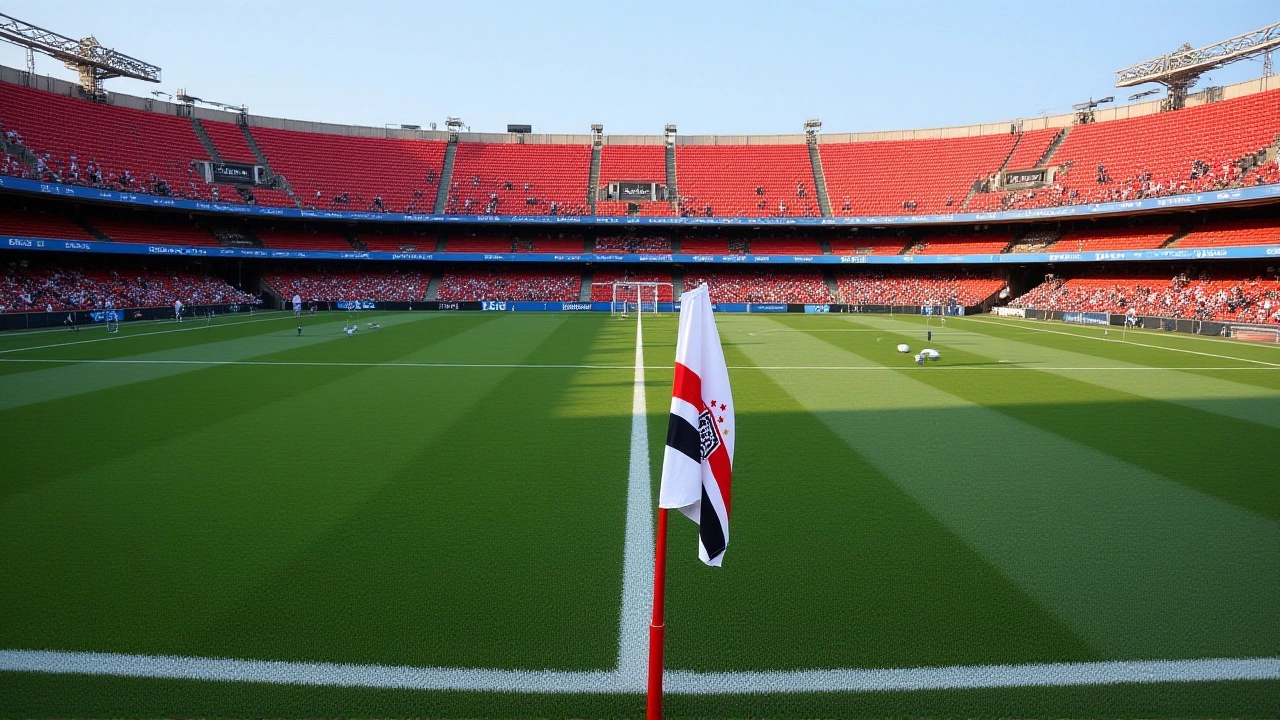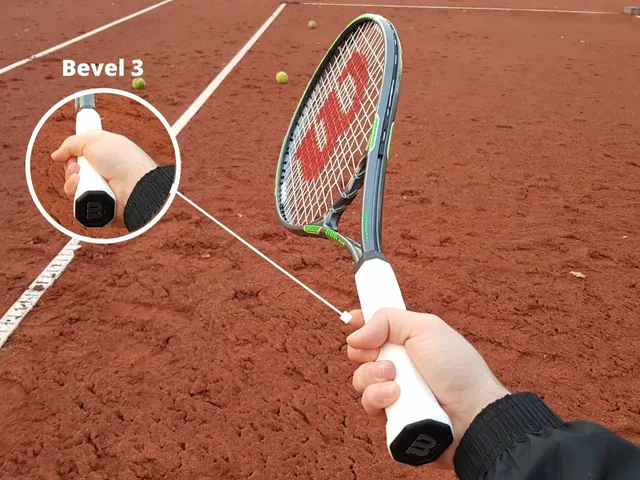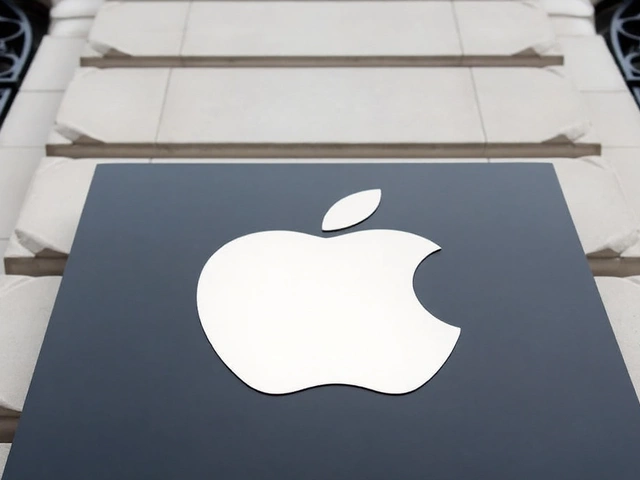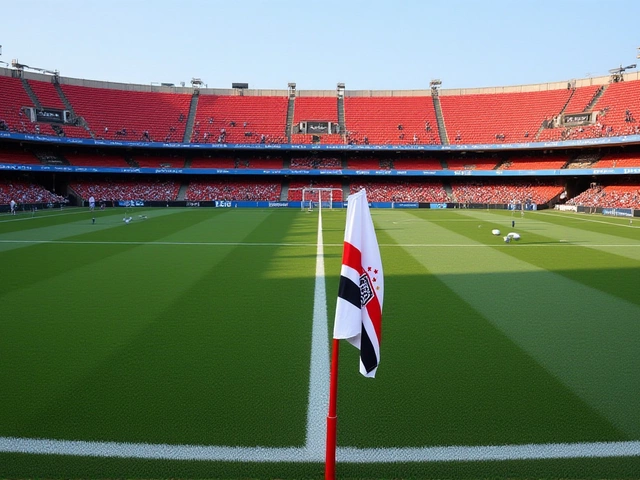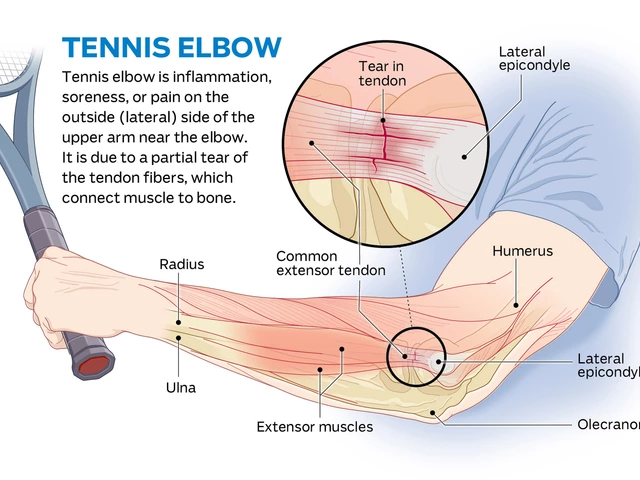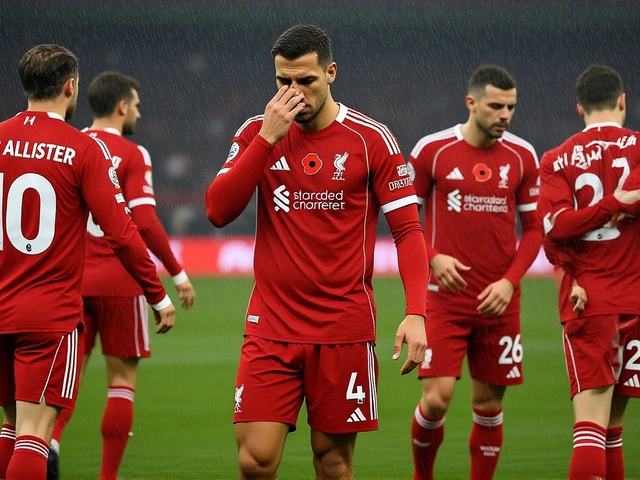When Gustavo Pires, president of SP Turis walked out of the El ClásicoBarcelona last month, he wasn’t just watching a rivalry – he was pitching a dream. The dream: one or two FC Barcelona preseason friendlies staged in São Paulo between 2026 and 2028. The city’s tourism arm says the idea could turn the Brazilian megacity into a magnet for world‑class sport, and the timing could not be better.
Background: São Paulo’s push for global sports events
Brazil has spent the last decade polishing its reputation as a host for marquee tournaments – the 2014 World Cup, the 2016 Olympics, and now the NFL’s slated 2025 return. São Paulo, already the nation’s economic engine, wants a slice of that spotlight. City officials argue that a high‑profile football showcase would inject roughly R$150 million (about $30 million) into the local hospitality sector, based on a consultancy study released in March 2025.
Tourism chief Mariana Lopes told Folha de S.Paulo that the project fits a broader “sports tourism” strategy, which includes plans for a future Formula 1 exhibition and a bid for the 2030 Youth Olympics. “We’re not chasing fame for its own sake,” Lopes said. “We need sustainable revenue streams that keep the city buzzing year after year.”
The proposal and its key players
The plan is still in its infancy. SP Turis has commissioned legal, financial and operational feasibility studies that will examine everything from stadium licensing fees to security protocols. If the numbers check out, a formal offer will be drafted and sent to the Catalan club by late 2025.
“We’ve already mapped out potential partnership models with private investors,” Pires explained in an interview with ESPN Brazil. “Think of a joint venture where local sponsors cover a portion of the costs, and the city guarantees infrastructure support.” He added that the agency is in talks with several arena operators, though no venue has been locked in yet.
Potential stadiums include the 68,000‑seat Morumbi Stadium and the newer Allianz Parque. Both have hosted international friendlies before, but neither has ever staged a European club’s preseason in South America.
Barcelona’s interest and commercial appeal
FC Barcelona’s sporting director Deco, former Portuguese midfielder turned executive has publicly welcomed the idea. In a recent ESPN Brasil interview he noted the deep historical ties between Barcelona and Brazil: “Ronaldo, Romário, Rivaldo – they all wore the Blaugrana. Now we have Raphinha leading the charge.”
Raphinha, who transferred from Leeds United to Barcelona in July 2024, will be a major draw for Brazilian fans. Alongside him, teenage phenom Lamine Yamal and midfield maestro Pedri round out a squad that, according to a Deloitte sports‑marketing report, could generate €2.1 million in incremental tourism revenue per match.
The possibility of a Brazilian opponent also adds spice. Rumors suggest a showdown with Palmeiras or Flamengo could be on the table, offering a narrative that blends local passion with European flair.
Potential venues and logistics
Transport experts are already mapping out a game‑day plan. São Paulo’s SPTrans network can handle an influx of up to 120,000 spectators across multiple entry points, while the city’s two international airports – Guarulhos and Congonhas – have collectively processed over 45 million passengers in 2024, a figure that can comfortably absorb a few extra flights for fans and media crews.
Security will be another hot topic. The city’s elite police unit, Ronda Ostensiva, will likely cooperate with Barcelona’s own security team. In the past, the Ronda Ostensiva handled the 2022 FIFA Club World Cup final without incident, giving officials confidence they can replicate that success.
Implications for São Paulo’s tourism and Brazil’s sports strategy
Beyond the immediate cash flow, the matches could leave a lasting legacy. Local hotels project a 20 % occupancy boost during the match week, while restaurants expect a 15 % rise in sales, according to data from the Brazilian Hotel Association.
Moreover, hosting a European giant could cement São Paulo’s credibility when bidding for future events. “If we can pull this off, it sends a signal to UEFA, CONMEBOL and even the IOC that Brazil can deliver world‑class experiences outside of Rio or Brasília,” said sports‑policy analyst Dr. Carlos Meirelles of the University of São Paulo.
What’s next?
The next milestone is the completion of the feasibility studies, slated for September 2025. Once the data is in, SP Turis intends to present a detailed proposal to Barcelona’s board during their winter break, likely in December.
If the Catalan club signs on, the city will have roughly 12 months to fine‑tune logistics, secure sponsors, and launch a global marketing campaign. And if the talks stall, Pires says São Paulo will keep looking at other high‑profile partners – perhaps a European basketball league or an Asian cricket tour.
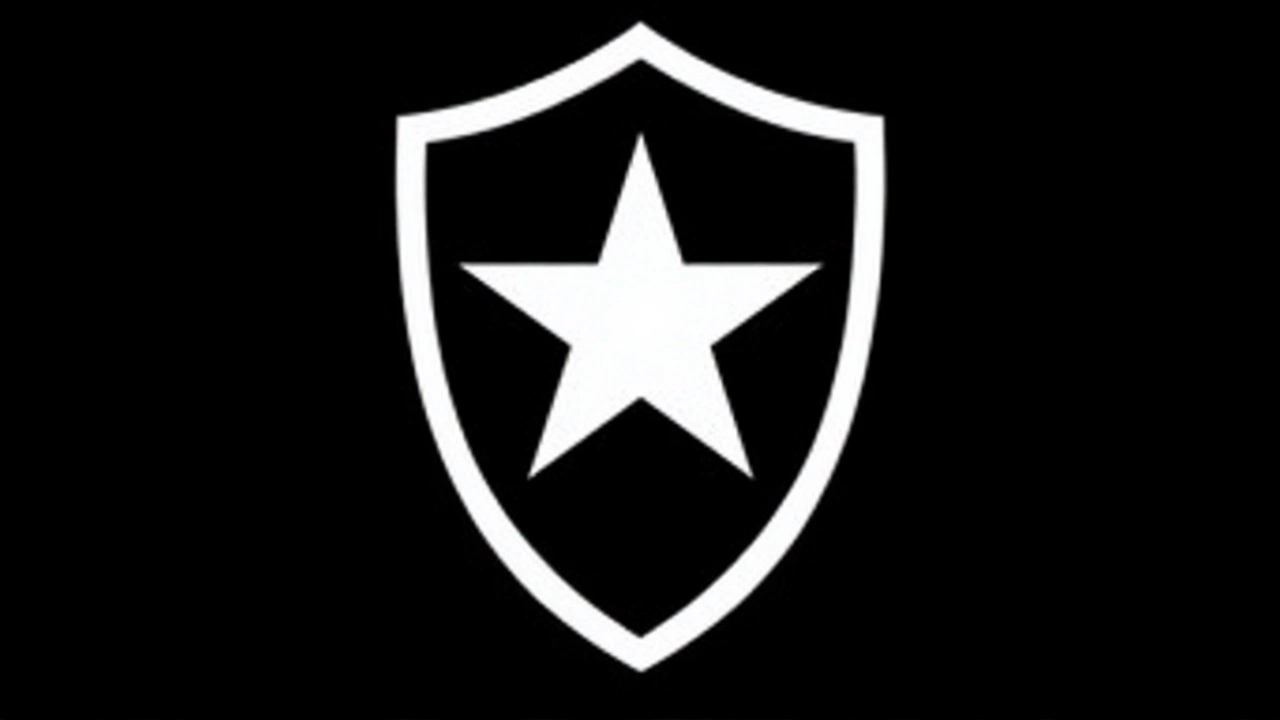
Frequently Asked Questions
How will hosting Barcelona affect local businesses?
Hospitality venues anticipate a 20‑percent rise in occupancy and a similar bump in restaurant sales during match week. Merchandise stalls and transport services also stand to gain, with projected incremental revenues of roughly R$12 million across the city.
Which stadium is most likely to host the game?
Both Morumbi and Allianz Parque are under consideration. Morumbi offers larger capacity, while Allianz Parque boasts newer facilities and a more modern VIP suite system. The final decision will hinge on cost‑benefit analyses completed later this year.
When will the official proposal be sent to Barcelona?
SP Turis aims to submit a formal offer by December 2025, after the feasibility studies are finished and private‑sector partners are secured.
What other events is São Paulo targeting?
Beyond football, the city is eyeing a Formula 1 exhibition, a Youth Olympics bid for 2030, and a possible NBA preseason tour, all part of a broader "sports tourism" agenda.
Why is Barcelona interested in playing in Brazil?
The club sees Brazil’s massive fan base and commercial market as a growth opportunity, especially with Brazilian star Raphinha on the roster. Sporting director Deco also highlighted the historic Brazil‑Spain football link, which adds cultural resonance to the venture.
